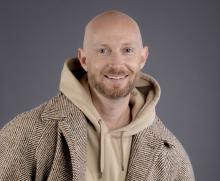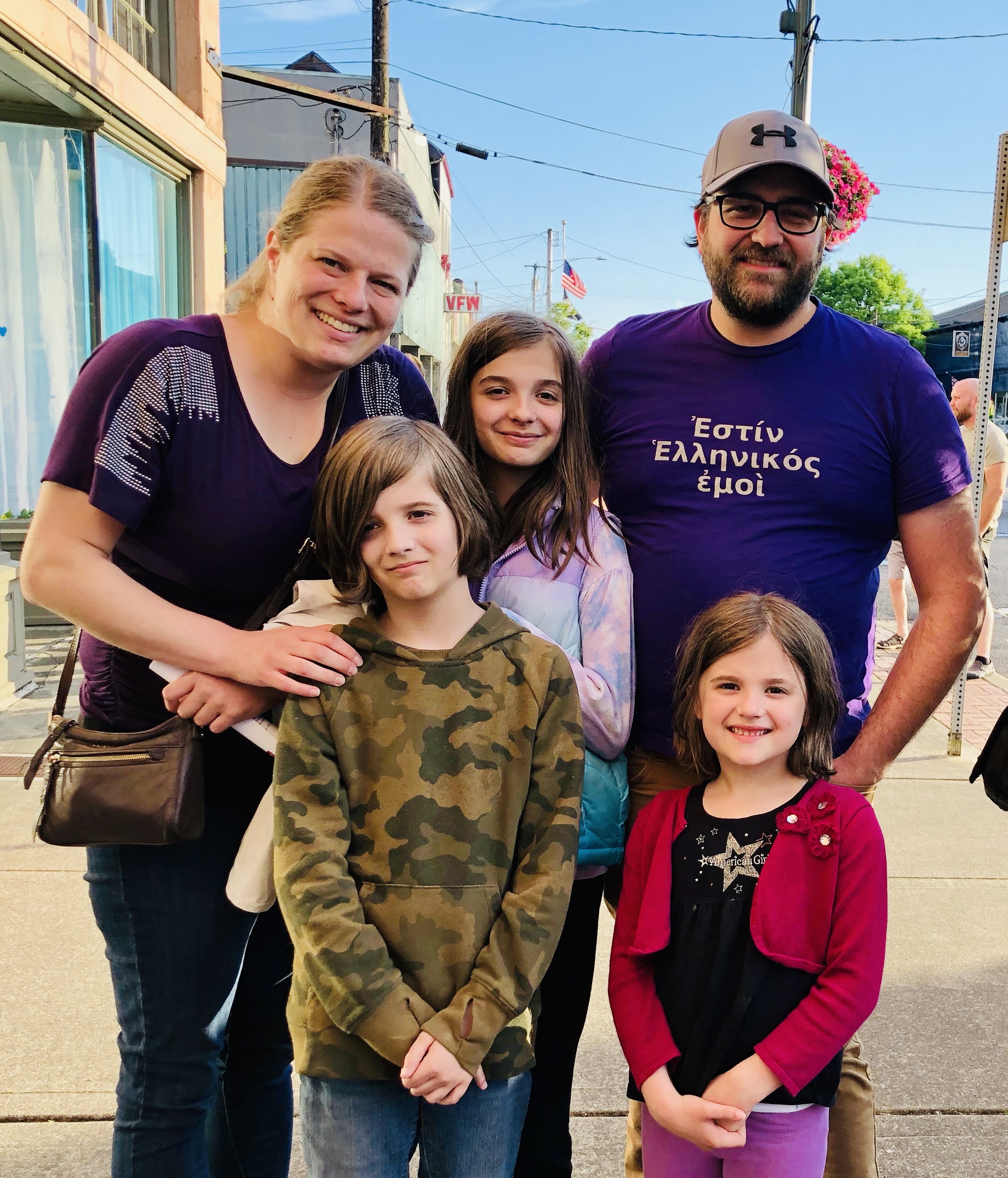
From tech executives to private business owners, across the world and in every walk of life, graduates of the UW Humanities Divison are forging fulfilling, inspiring, and even unexpected careers. We've asked a few of them to update us on where they've taken their humanities degrees, and how that education has helped to shape the work they do. Find out who our currently highlighted alum is here, or you can review the full list of alumni responses below.

When I chose to study the Classics, I knew that likely no one would be hunting me down to recruit me. I knew I would need to work hard to pursue a career but I also knew that Classics would provide me a foundation to stand out if I could just get the opportunity. . . . Often the biggest differentiator between me and my peers is my acquired ability to sit with the unknown and the unanswerable. I acquired this through the reading and analyzing of ancient texts where the author is long gone and one can only speculate at the author’s intent and motives.

My English background has given me a unique advantage in my career because it has trained me to identify client stories that are worth telling, and how to best tell these stories to different audiences. I notice my English background coming into play every day, for example being able to analyze overarching themes coming out of a client interview and making persuasive recommendations based on my understanding of the client's needs (much like pulling key themes from a book and writing a persuasive argument in an essay).
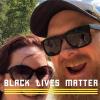
Studying ancient languages and people created a lifelong love of learning, and more importantly taught me how to learn! The analytical skills that I used to read and deconstruct ancient texts translates well into the technical work that I do and gave me a foundation to become a full-stack developer.
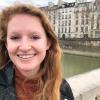
Humanities education is valuable because it allows you to understand information within a global context and focuses on the human experience. A large part of my current job consists of analyzing small pieces of information and focusing on the details. It’s easy to take all these pieces individually but I think having a background in humanities definitely helps me take a step back and understand the personal experience of what I’m working on.

Working in a highly technical field, most people have blinders as to what’s actually going on in the world and what problems really need to be addressed. With my humanities education, I’m able to ground people in highly technical fields to what really matters on local and global scales. The humanities provide a true pulse on what it means to be a human in an ever changing society.

The greatest gift a liberal arts education provided is a love of learning and an appreciation for diversity of culture, experience and ideas. Data may be the "it" currency of our modern world, but learning to walk in others' shoes, challenge conventional thinking and explore the "why" of things is truly invaluable.
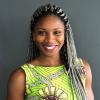
Languages carry so much more than the written word. Language is culture, history, way of life, collective and individual expression, adapting to its time and should be handled with care as this can also be weaponized against individuals and communities. My French degree also emphasized the power of framing and translation to ensure that ideas are communicated in a manner that the audience will effectively receive them.
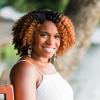
I chose an education focused on the humanities because of its ability to provide an intersectional lens for examining history and culture. My humanities-based education has significantly influenced my career path by providing me with a strong foundation for understanding historical patterns of behavior and identifying strategies to tackle the world's most pressing issues.
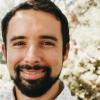
Ethics and a human perspective are coming into play in a huge way in realms like data privacy, and will to a greater extent in coming years with technologies like artificial intelligence. It's a world of "can and do", and should be a world with more people asking "should we?" and "why?"
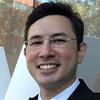
So much my work depends on communication and collaboration, and a background in the humanities has been invaluable for this kind of work. It has not only exposed me to a breadth of ideas and information, which has allowed me to communicate more effectively with a variety of stakeholders, like community partners or interdepartmental colleagues, but more importantly, it has made me more mindful of the possibility that there might be perspectives that are different from—and equally as valid as—my own.
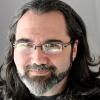
Despite working in tech, which has traditionally been focused on generating solutions through the lens of engineering, I've found my background in the humanities to be valuable throughout my career. My studies in English gave me a leg up from my start in the games industry over a decade ago, using composition to better my bug reports and cross-team communication, through my time as a game designer, analyzing the stories we were telling with a critical eye and (thanks also to a few Cinema classes) multimedia literacy.
David Ryder (Comparative History of Ideas): Independent Photographer and Filmmaker
My undergraduate work in the Comparative History of Ideas program helped shape the way I approach problems with an interdisciplinary mindset. I try to think of solutions from many angles. It also grounded me in a social justice framework that brought a new passion to the way I was doing and thinking about photography.
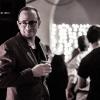
My humanities education at the UW kept me tethered to the arts in some fashion throughout my adult life. After spending so much time tangling with the classics, I knew on a deep level that a job that wasn't connected to art and creativity would be unsuitable for me. That's a scary thing to realize, but it was also liberating, and my background really did inspire me to think in different ways and to work my way around a lot of roadblocks.

As an undergraduate, I was very focused on trying to choose the 'right' major for the career I envisioned. What I've found instead is that the best part about my career has been the surprises! The deeper concepts like learning how to learn, how to problem solve, and what drives you as an individual will be important wherever you go.

The practical skills I developed in research and writing set me up to successfully go on and obtain my law degree, while the social and critical thinking skills I developed provided a strong foundation for me to pursue a career advocating for positive change in my community.

My humanities education at the UW taught me empathy and to look deeper into an issue. In my work as an editor, I am very fortunate to work on a team that is socially conscious, kind, and diligent, who are determined to bring different perspectives and stories through an accessible format.
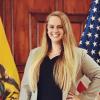
There is no aspect of diplomacy that isn't improved by a strong humanities background. CHID taught me to think critically, question everything, and look for unexpected answers. Studying abroad (whether through CHID, through the Honors program, or otherwise) cemented my desire to focus my studies on international themes.

At the UW, my CHID and Journalism professors not only encouraged me to engage in my own independent research and inquiry through the Mary Gates Undergraduate Research Scholarship, but also apply my learnings and develop practical skills via internships like the Journalism Foreign Intrigue Program. This blend of theory and practice taught me to be flexible, creative, pragmatic and solution-oriented.

I think my ability to synthesize information, combine qualitative and quantitative data, and understand the psychologies of company cultures come directly from doing the Comparative History of Ideas program at UW. You can always learn accounting or corporate finance, but I think the most holistic problem-solving in companies often comes from people with a strong sense of the Humanities, and a worldview that has been expanded through empathy, interdisciplinary studies, and a penchant for diversity of thought.
